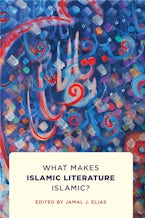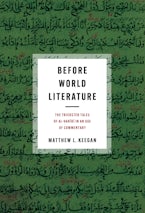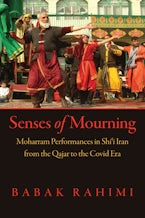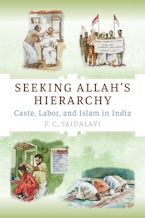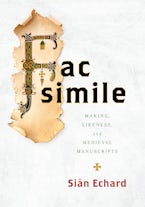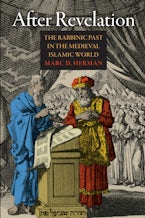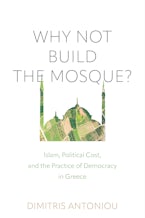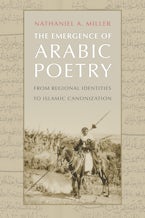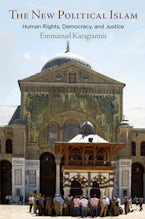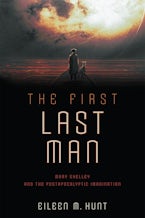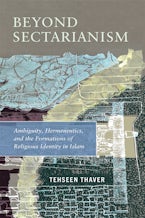A collection of essays that examines literature in seven languages from across the Islamic world and explores the place of religion in society
This volume contributes to a vibrant ongoing debate about the degree to which religion is treated as a defining feature of Muslim-majority societies. The first book of its kind focusing on literature from across the Islamic world to explore the question of what the concept of the “Islamic” means, this collection of well-researched and highly readable essays by renowned experts in their fields examines different time periods, places, and languages. Individually and collectively, the essays ask and answer questions such as how being “Islamic” is articulated, how such particularities help shape a universal concept of the Islamic, and how are they themselves shaped by it.
The essays tackle literature from the medieval to the modern period in a broad range of languages: Arabic, Bengali, Persian, Punjabi, Urdu, Telugu, and Turkish. They deal with several genres of prose and poetry, including romantic, courtly and religious verse, epics, ethical treatises, satire, erotica, metaphysics, and politics. Taken together, they answer important questions about the place of religion in society, secularity and literature, the complexities of treating religion as a stable category, and its relationship to virtue, ethics, legitimacy, and social hegemony.
Contributors: Jamal J. Elias, Matthew L. Keegan, Pasha M. Khan, Oscar Aguirre Mandujano, Afsar Mohammad, Austin O’Malley, Tony Stewart, Sarah R. Bin Tyeer.

